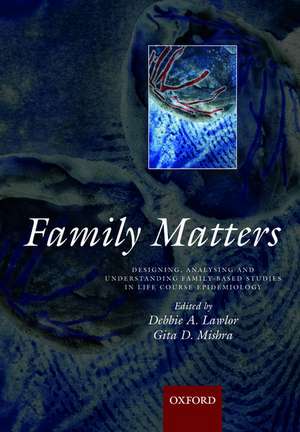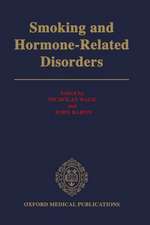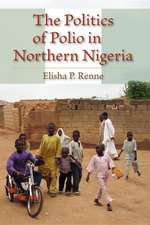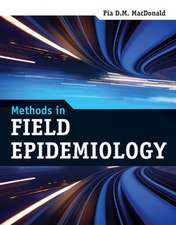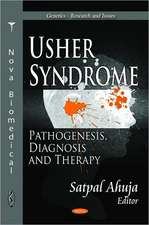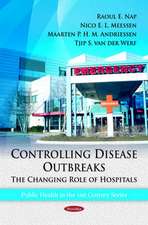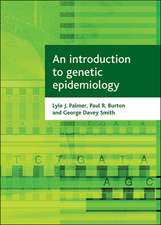Family matters: Designing, analysing and understanding family based studies in life course epidemiology: Life Course Approach to Adult Health
Editat de Deborah A. Lawlor, Gita D. Mishraen Limba Engleză Paperback – 2 apr 2009
Preț: 313.32 lei
Preț vechi: 530.22 lei
-41% Nou
Puncte Express: 470
Preț estimativ în valută:
59.96€ • 62.37$ • 49.50£
59.96€ • 62.37$ • 49.50£
Carte tipărită la comandă
Livrare economică 03-09 aprilie
Preluare comenzi: 021 569.72.76
Specificații
ISBN-13: 9780199231034
ISBN-10: 0199231036
Pagini: 352
Ilustrații: 32 line drawings, and a colour plate section
Dimensiuni: 171 x 245 x 19 mm
Greutate: 0.64 kg
Ediția:New.
Editura: OUP OXFORD
Colecția OUP Oxford
Seria Life Course Approach to Adult Health
Locul publicării:Oxford, United Kingdom
ISBN-10: 0199231036
Pagini: 352
Ilustrații: 32 line drawings, and a colour plate section
Dimensiuni: 171 x 245 x 19 mm
Greutate: 0.64 kg
Ediția:New.
Editura: OUP OXFORD
Colecția OUP Oxford
Seria Life Course Approach to Adult Health
Locul publicării:Oxford, United Kingdom
Notă biografică
Professor Deborah A. Lawlor completed medical training (University of Bristol) in 1986. She has an MPH (with distinction) from the University of Leeds, an MSc in Medical Statistics from the London School of Hygiene and Tropical Medicine and a PhD (MRC Training Fellowship, University of Bristol) in Epidemiology. She is the scientific director of the Avon Longitudinal Study of Parents and Children mother's study and a co-director of the British Women's Heart and Health Study. She has contributed to understanding the life course and genetic epidemiology of insulin resistance, diabetes, cardiovascular disease and women's reproductive health, and has developed methods for improving causal inference in observational epidemiology by using family-based studies and genetic variants as instrumental variables for making causal inferences about modifiable non-genetic risk factors. She is the Deputy Director of the MRC Centre for Causal Analyses in Translational Epidemiology.Dr Gita D. Mishra has an MSc and a PhD in Statistics from the University of Auckland, New Zealand and was awarded Chartered Statistician status by the Royal Statistical Society in 2004. She is a senior research scientist at MRC Unit for Lifelong Health and Ageing, University College London and an adjunct Associate Professor at the School of Population Health, University of Queensland, Australia. She has extensive research experience in the fields of statistical methodology for longitudinal studies, life course epidemiology, and women's health. Her work on intergenerational mobility has revealed some of the links between the timing of changes in social class and their effects on later dietary patterns and the way that such influences differ for men and women. Her research on missing data techniques has led to the development of a practical methodology for the selection of variables to be included in a multiple imputation model both in the context of cross-sectional and life course data.
